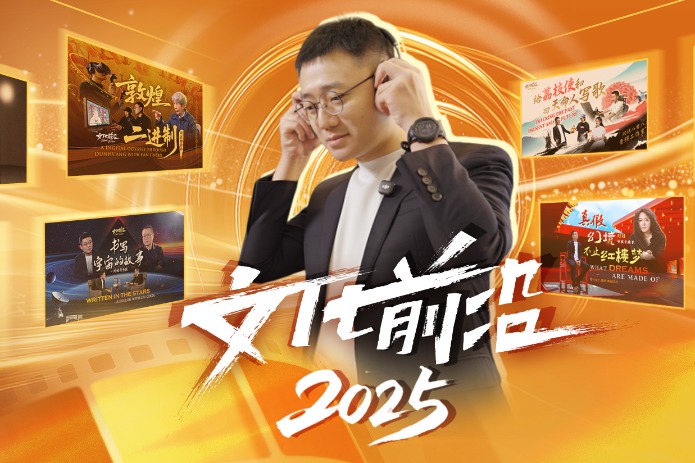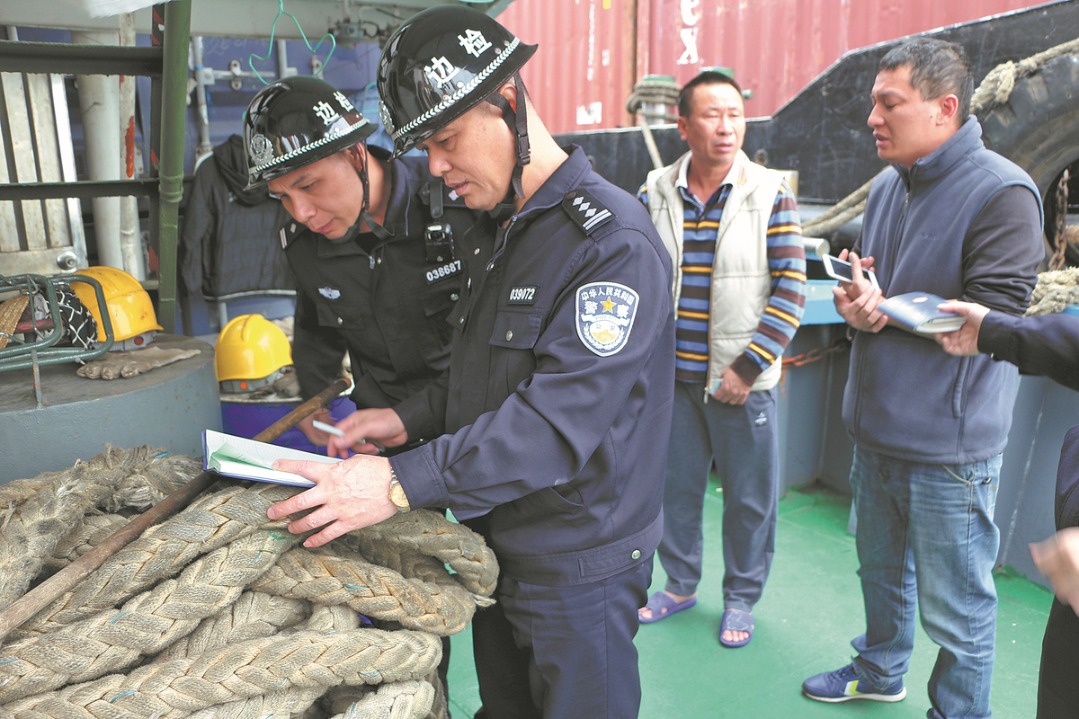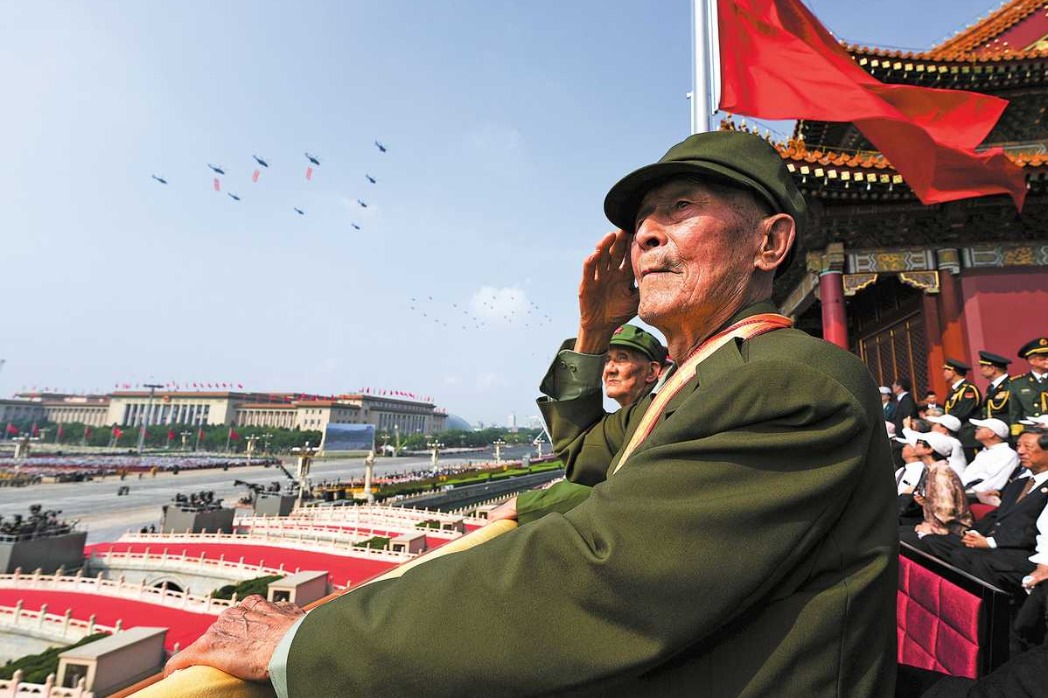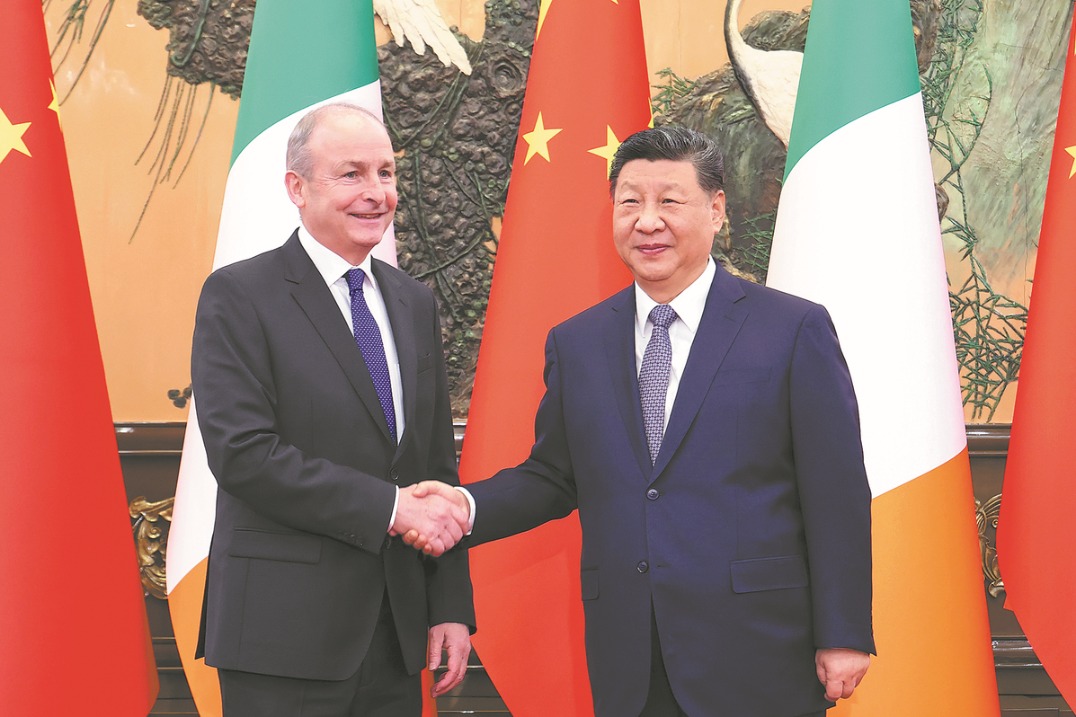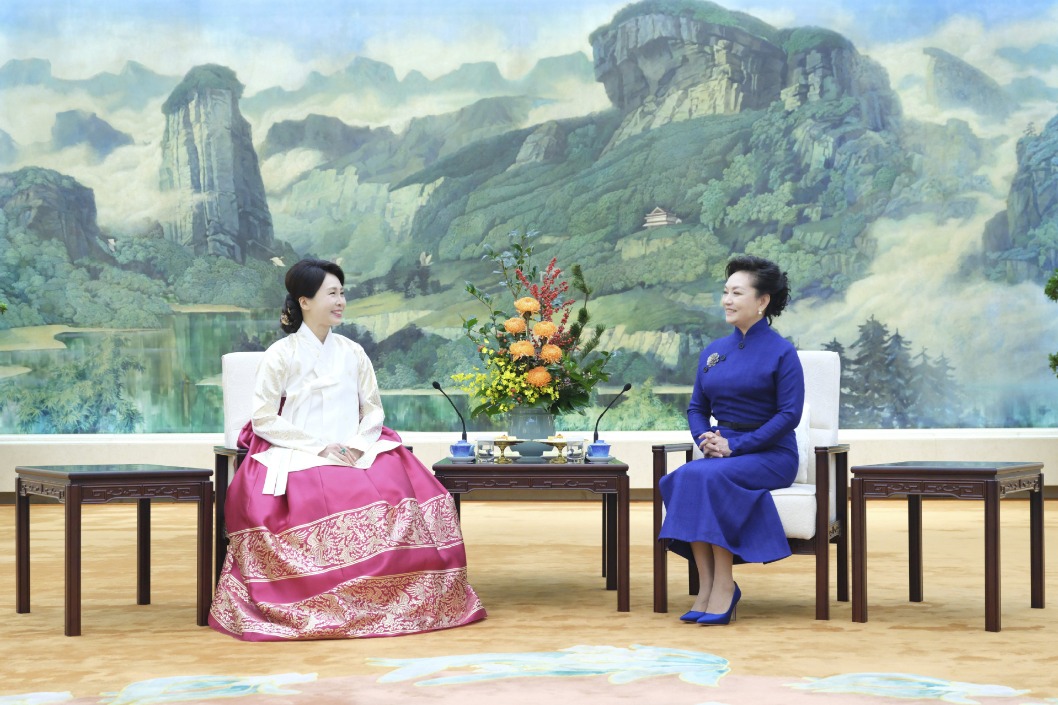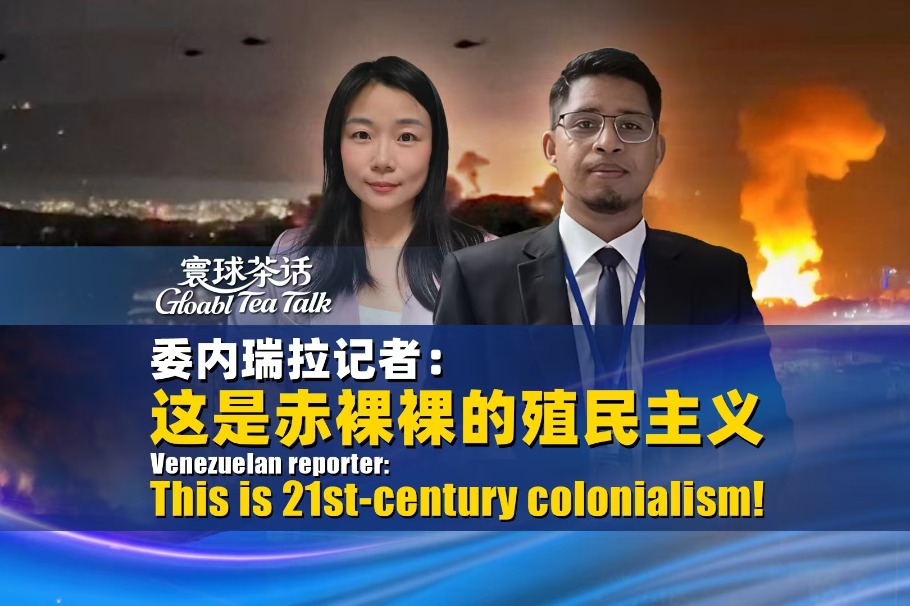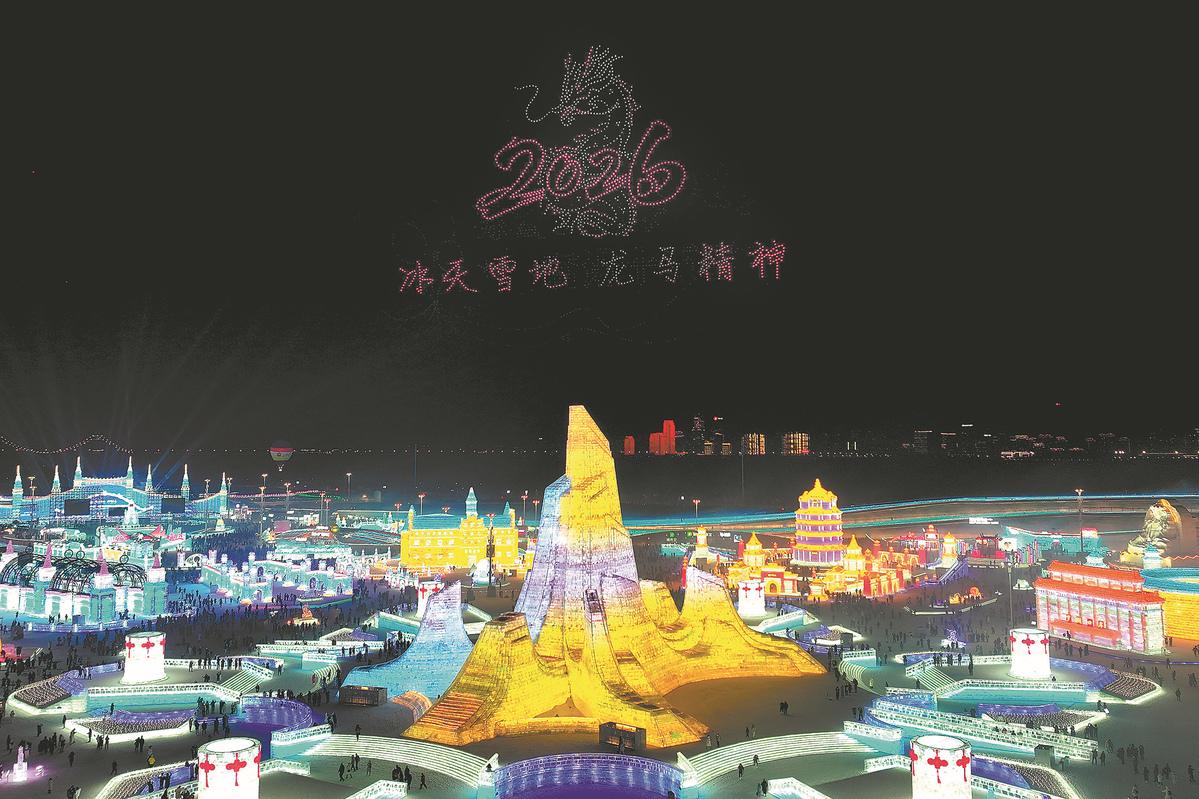Specialists shrug off talk of overcapacity

International experts and business leaders have shrugged off the false narrative by the United States about China's "overcapacity" and its recent tariff increases on some Chinese products.
The US, they pointed out, tramples on the principles of the market economy and goes against the international trend of low-carbon transformation just to curb China.
"Basically, what's happening is that China is a threat to the US hegemony. It's not a threat to the US. It's not a threat to you. It's not a threat to me. It's not a threat to take over the United States at all. But it is a threat to the claim that the US runs the world. That is leading to a neurotic reaction," said Jeffrey Sachs, director of the Center for Sustainable Development at Columbia University.
"If you want to see the neurotic reaction, people should look at Foreign Affairs magazine, which is the magazine of the Council on Foreign Relations, the establishment institution.
"Every issue is, are we still number one? What are we going to do? How do we stay ahead of China? How do we contain China? Everything is about China, not because China is threatening us, but because China is showing we don't run the world the way we like to think we run the world," Sachs, who served as an adviser to three United Nations secretaries-general, added.
Refuting the "China overcapacity" narrative, Vaughn Barber, chair of the China-Australia Chamber of Commerce, said Chinese electric vehicles are performing exceptionally well in Australia, benefiting from their technological prowess and economies of scale.
This positions Chinese companies to potentially partner with Australian counterparts in driving energy transformation, Barber said.
He said that leveraging China's technological and cost advantages through collaboration can not only expedite decarbonization efforts in both countries but also serve as a model for joint action against climate change.
Wei Jianguo, China's former vice-minister of commerce, said that the US' false narrative on China's "overcapacity" manifests its escalating anxiety in response to the swift growth of China's new energy industry.
"The claims are used to shift blame for their own inaction while trying to suppress China's tech and industrial progress. The international competitiveness of China's 'new trio' products — new energy vehicles, photovoltaic products and lithium batteries — results from continuous innovation, a robust supply chain and high labor productivity," Wei said.
"Market forces balance supply and demand, and terms like 'overcapacity' defy economic principles," he said, adding that China's focus on progress and innovation will make it a global leader in innovation.
Foreign investors in China have also voiced agreement with their views, while affirming their confidence in the Chinese economy.
Tao Lin, vice-president of Tesla Inc, said the US new energy vehicle maker is a beneficiary and an example of enhanced Sino-US cooperation. It has established its first gigafactory outside the US in Shanghai, which contributed to over half of the company's global output last year.
Over the past decade, Tesla has witnessed a remarkable transformation from solely selling imported vehicles in China to gradually recognizing the immense potential of this market. This has led the company to invest significant resources in the Chinese market, Tao said.
She said this exemplifies how successful cooperation between China and the US can truly improve people's lives on both sides.
Robert Chu, vice-president for operations at FedEx China, said the US logistics provider will continue to invest in network development, digital-related services and key regions in China this year.
















